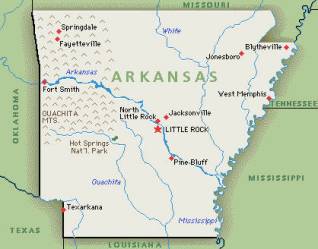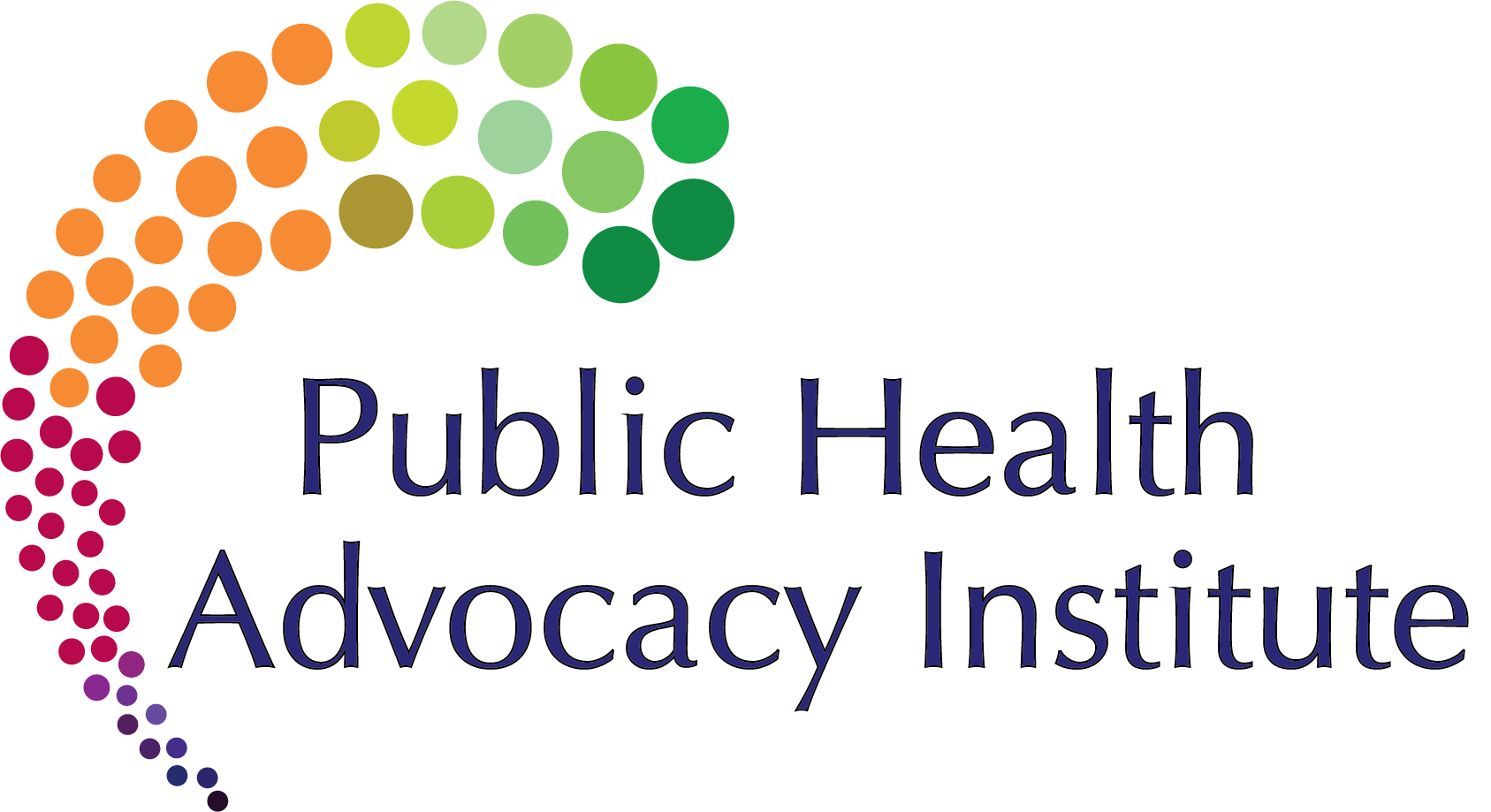Download the Arkansas State Consumer Protection Profile (pdf)
Which state consumer protection provisions could be used to protect consumers from junk food marketing?
The Arkansas Deceptive Trade Practices Act (“ADTPA”) generally prohibits unconscionable, false and deceptive trade practices. Ark. Code §§ 4-88-107. It is unlawful to “[k]nowingly making a false representation as to the characteristics, ingredients, uses, benefits, alterations, source, sponsorship, approval, or certification of goods . . . .” Ark. Code §§ 4-88-107(1). With respect to the sale or advertisement of any good, the ADTPA outlaws: “(1) The act, use, or employment by any person of any deception, fraud, or false pretense; or (2) [t]he concealment, suppression, or omission of any material fact with intent that others rely upon the concealment, suppression, or omission.” Ark. Code §§ 4-88-108.
The ADTPA also makes it illegal to “[k]nowingly tak[e] advantage of a consumer who is reasonably unable to protect his or her interest because of (A) [p]hysical infirmity, (B) [i]gnorance, (C) [i]lliteracy, (D)
[i]nability to understand the language of the agreement, or (E) [a] similar factor.” Ark. Code § 4-88-107(8).
Does Arkansas law provide any special protections for child consumers?
The ADTPA’s provision outlawing knowingly taking advantage of consumers who are reasonably unable to protect their own interests is a potentially powerful protection for child consumers. Children, by virtue of their age may be ignorant of the distinction between advertising and non-commercial content, they may be fully or partially illiterate, and unable to understand disclaimers and terms of contests and promotions. In addition, food marketing targeted at children typically is blatantly aimed at a certain age group making it easier for a plaintiff to establish that the defendant “knowingly” sought to take advantage of that group.
Who can bring a lawsuit?
The Attorney General, private consumers and classes of private consumers can file suit.
What needs to be shown to make out a claim?
A plaintiff must show (1) a false, unconscionable, or deceptive act, (2) actual damages and (3) the act was the proximate cause of the injury alleged. Ark. Code § 4-88-113(f); Ashley County, Ark. v. Pfizer, Inc., 552 F.3d 659, 666 (Ark. 2009). A showing of intent to deceive is only required in limited cases. There is no definitive ruling under Arkansas law as whether reliance is a required element.
What are the powers of the Attorney General to protect kids from junk food marketing?
The Arkansas Attorney General may seek injunctive relief, Ark. Code § 4-88-104, investigate, Ark. Code §§ 4-88-105, 4-88-111, seek restitution for affected consumers, Ark. Code §§ 4-88-113, and petition a court for civil penalties of up to $10,000 per violation, Ark. Code §§ 4-88-113.
How does the law compensate consumers?
A plaintiff may recover actual damages. Ark. Code § 4-88-113(f).
Who is liable for attorney’s fees?
A successful private plaintiff may recover attorney’s fees. Ark. Code § 4-88-113(f).
DISLCAIMER: This legal summary is for informational purposes only. Please consult an attorney for legal advice. All information reflects legal research conducted in 2010.
Supported by the Robert Wood Johnson Foundation’s Healthy Eating Research Program (#66968).


